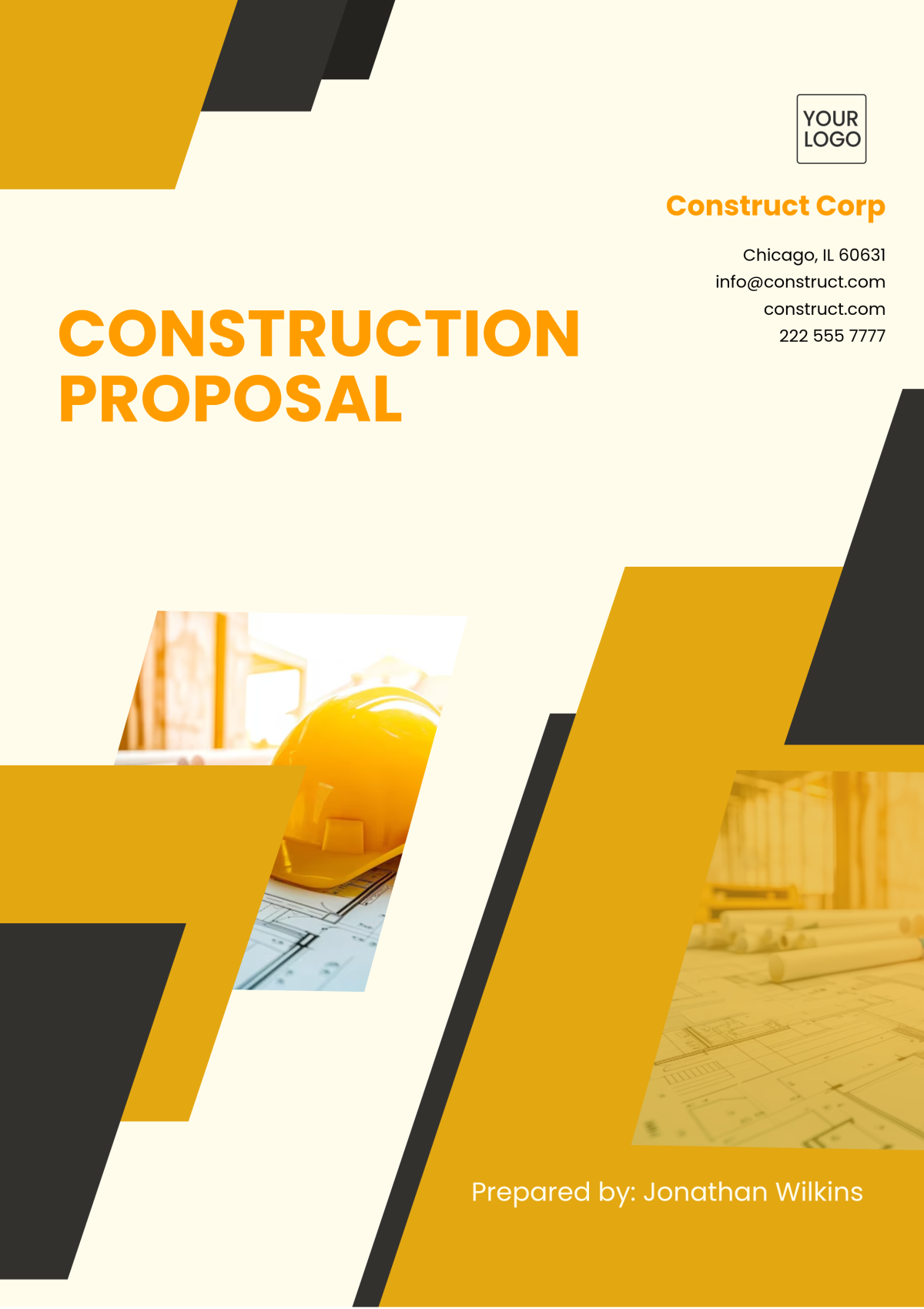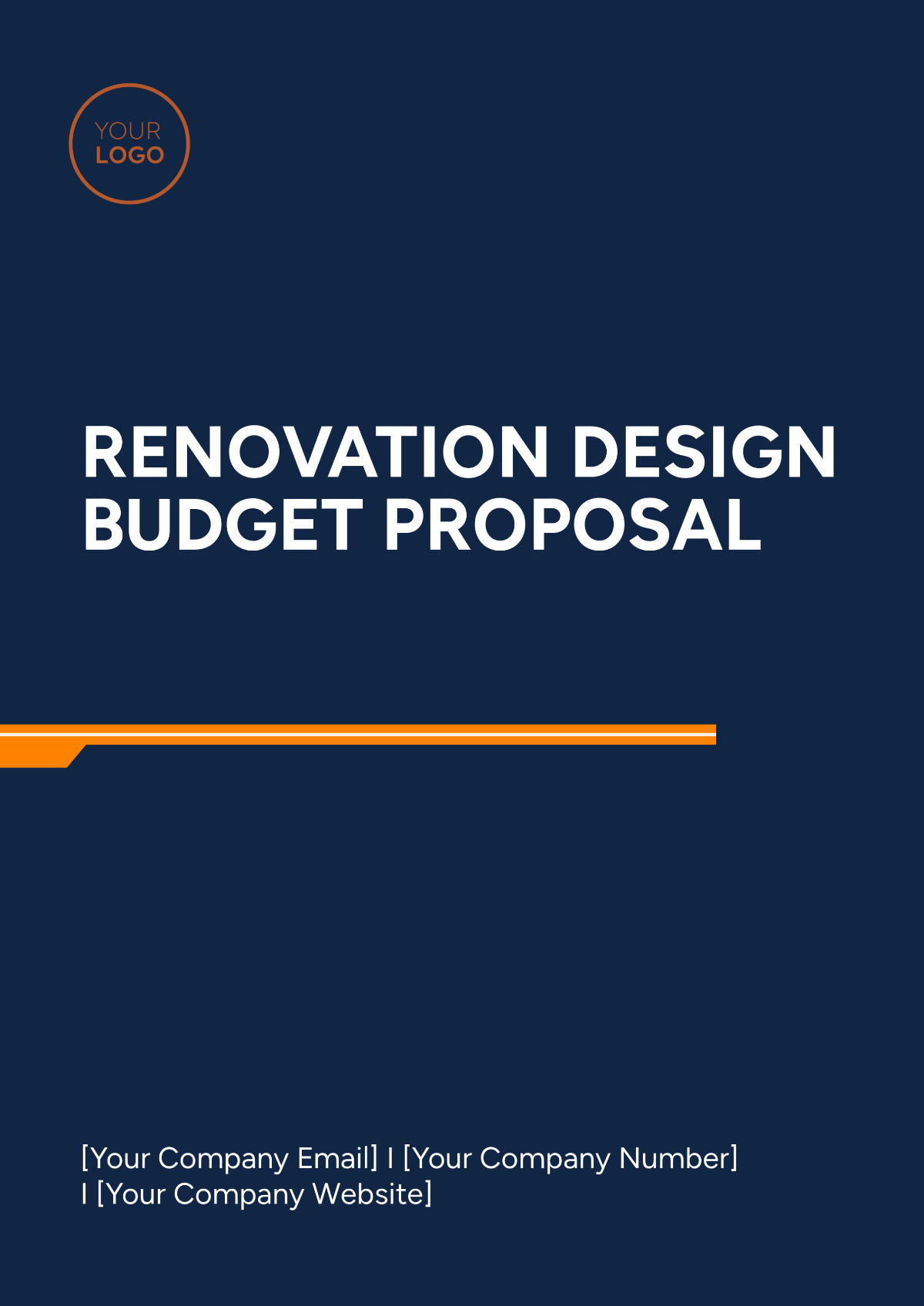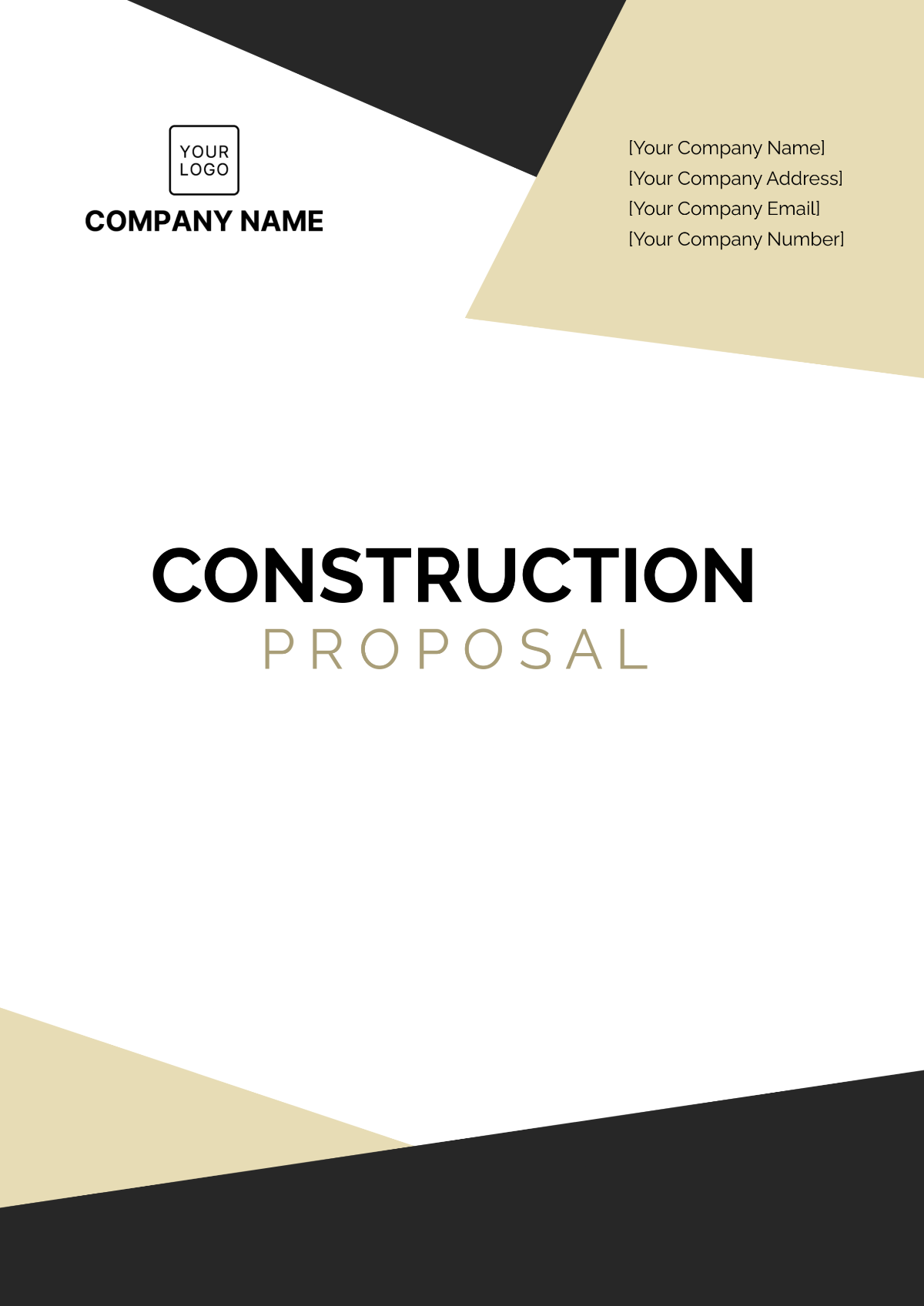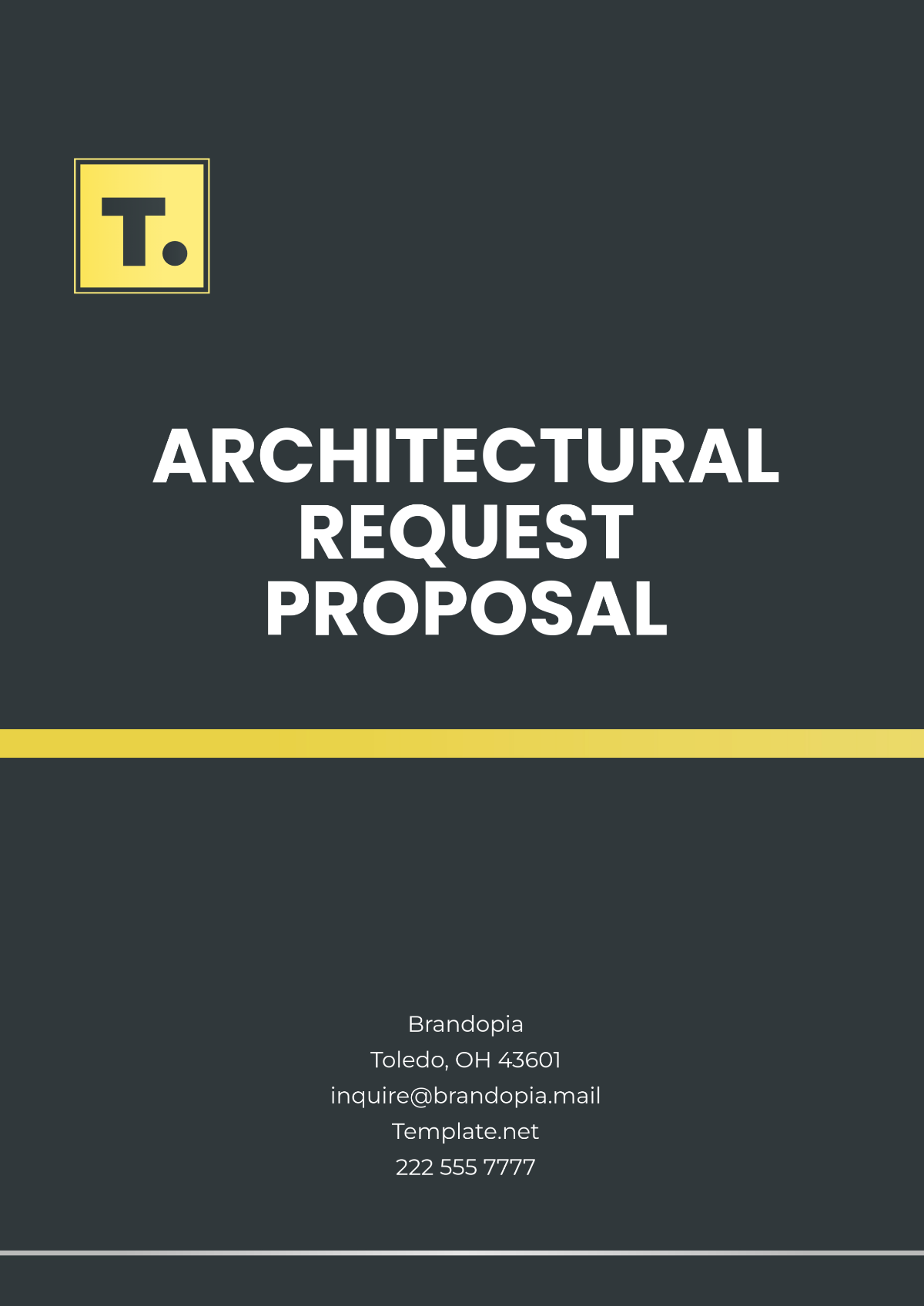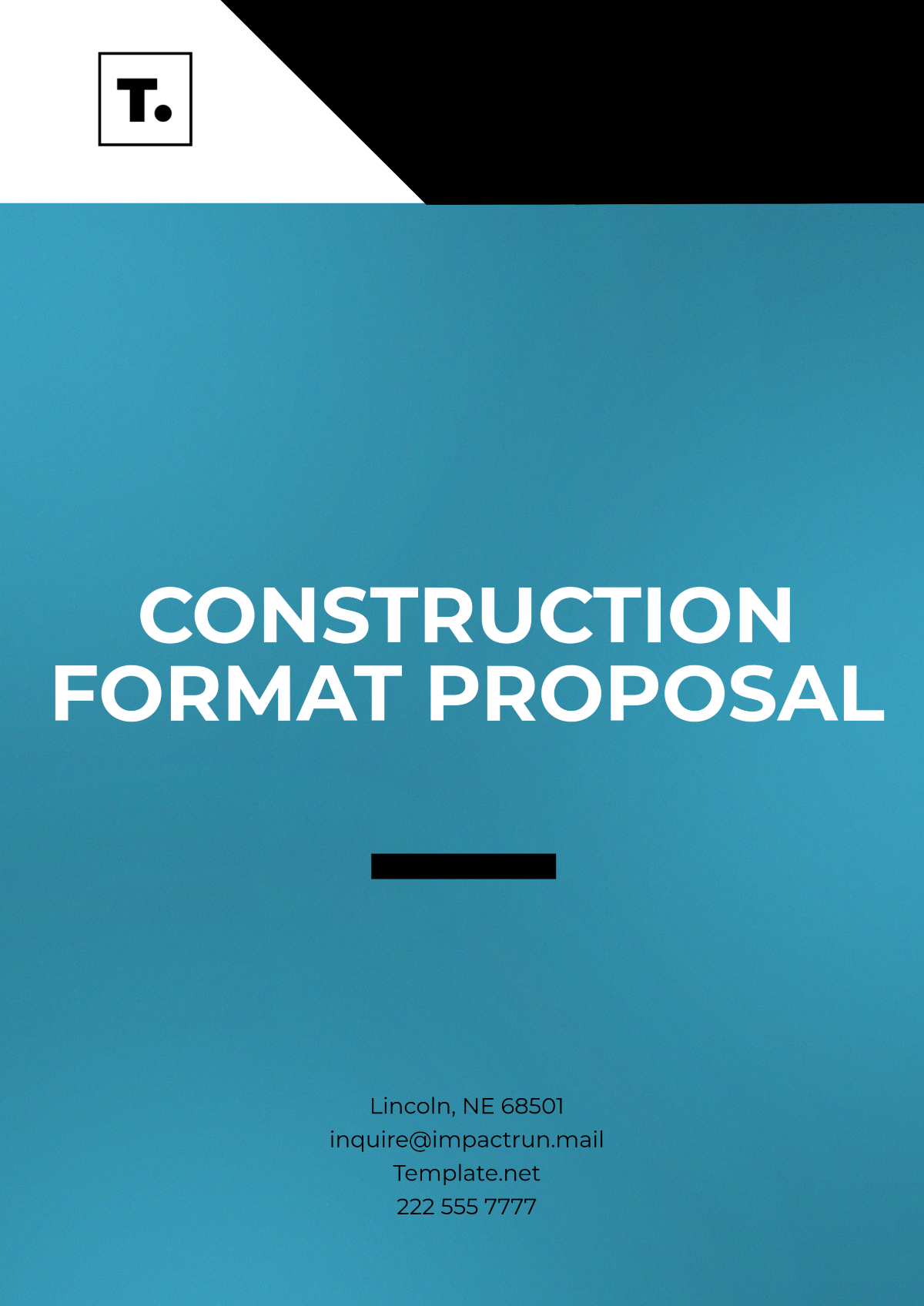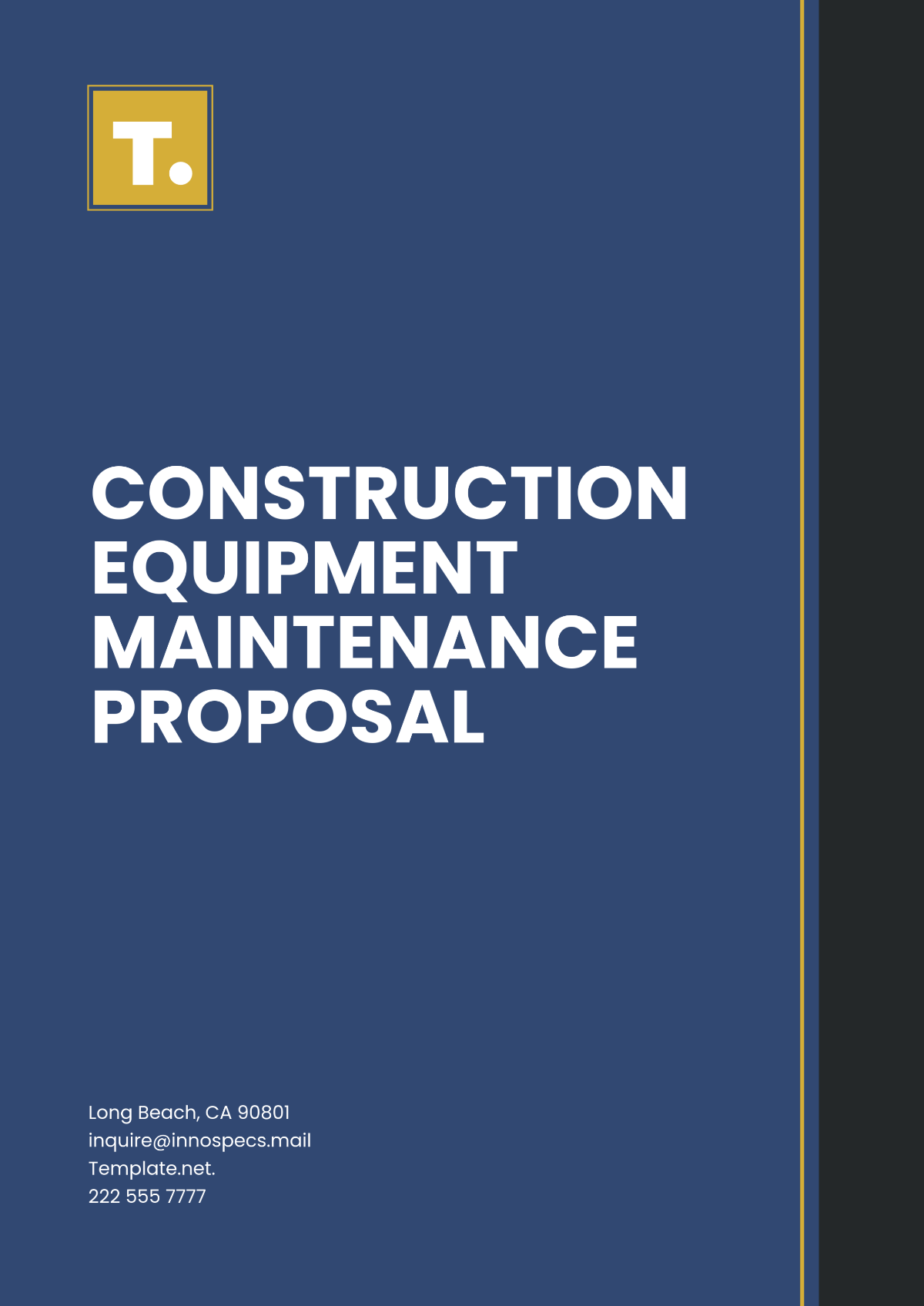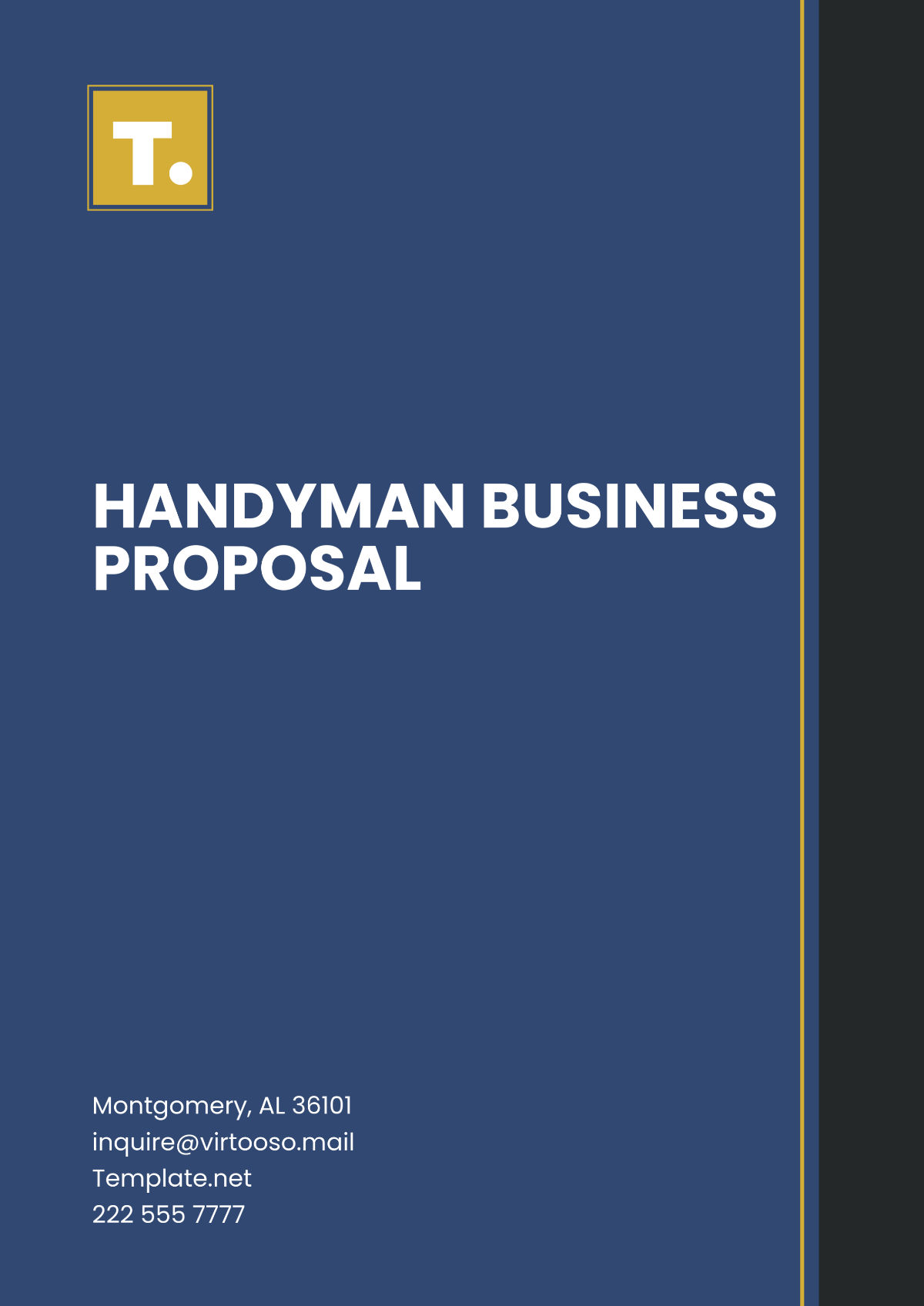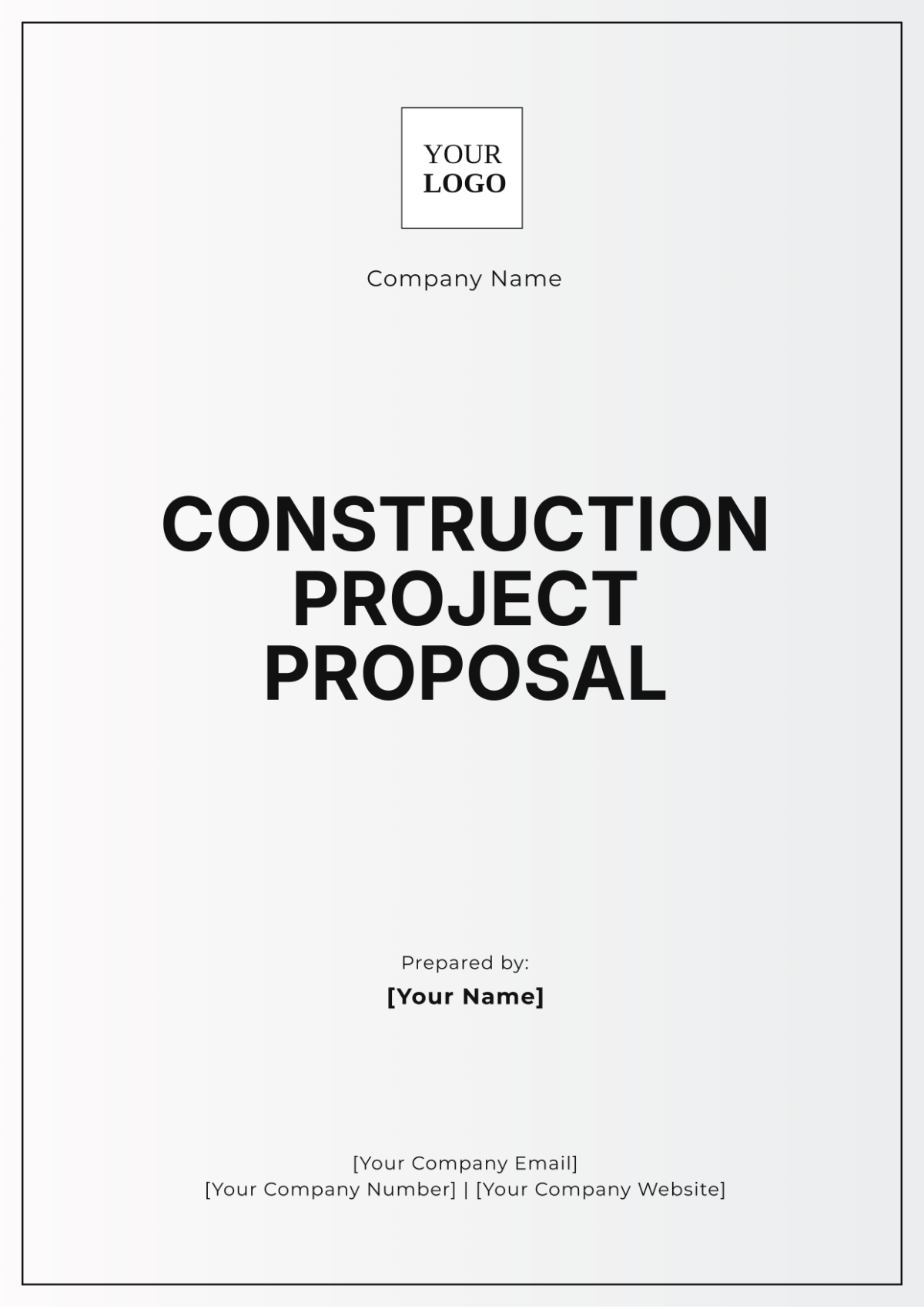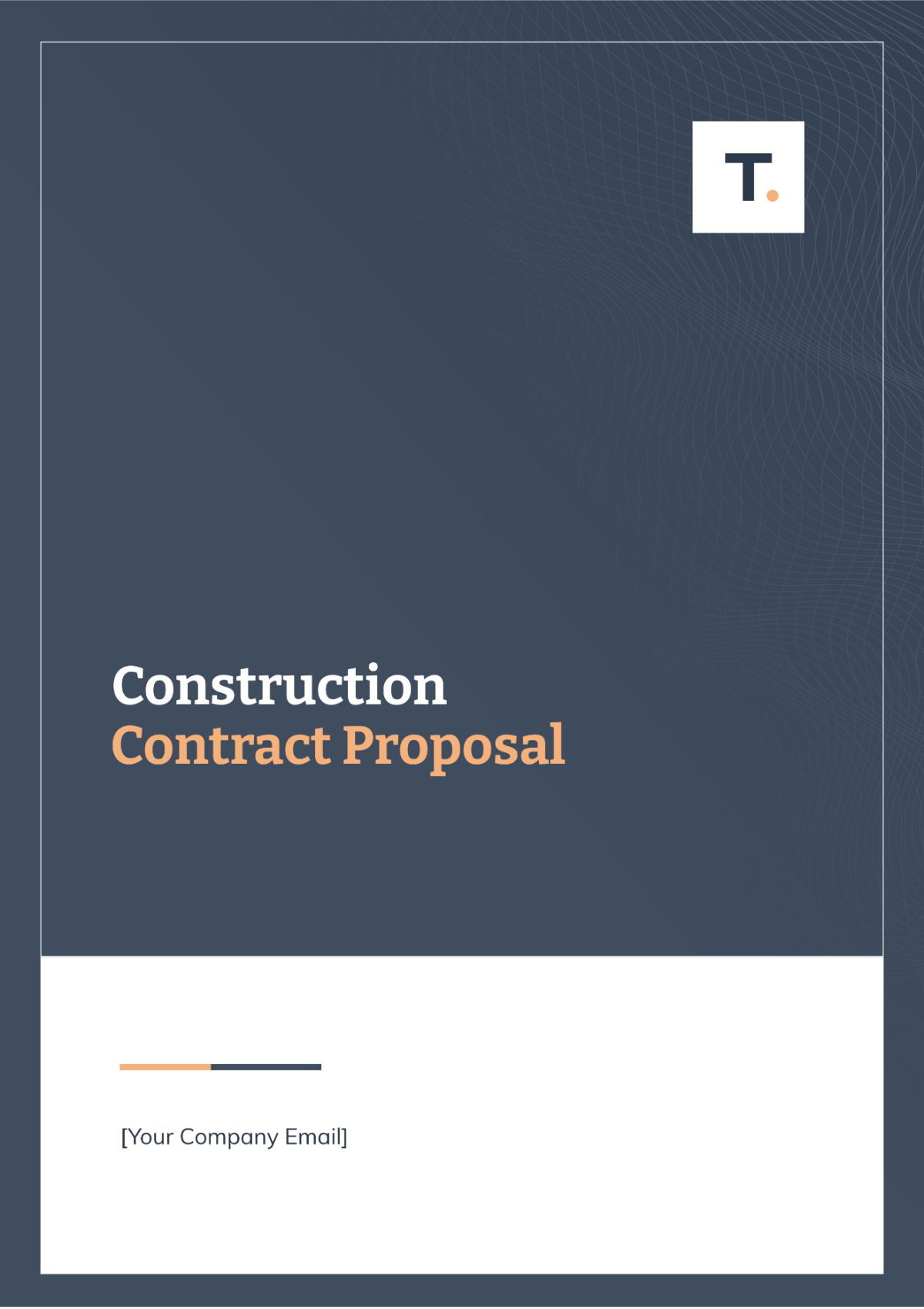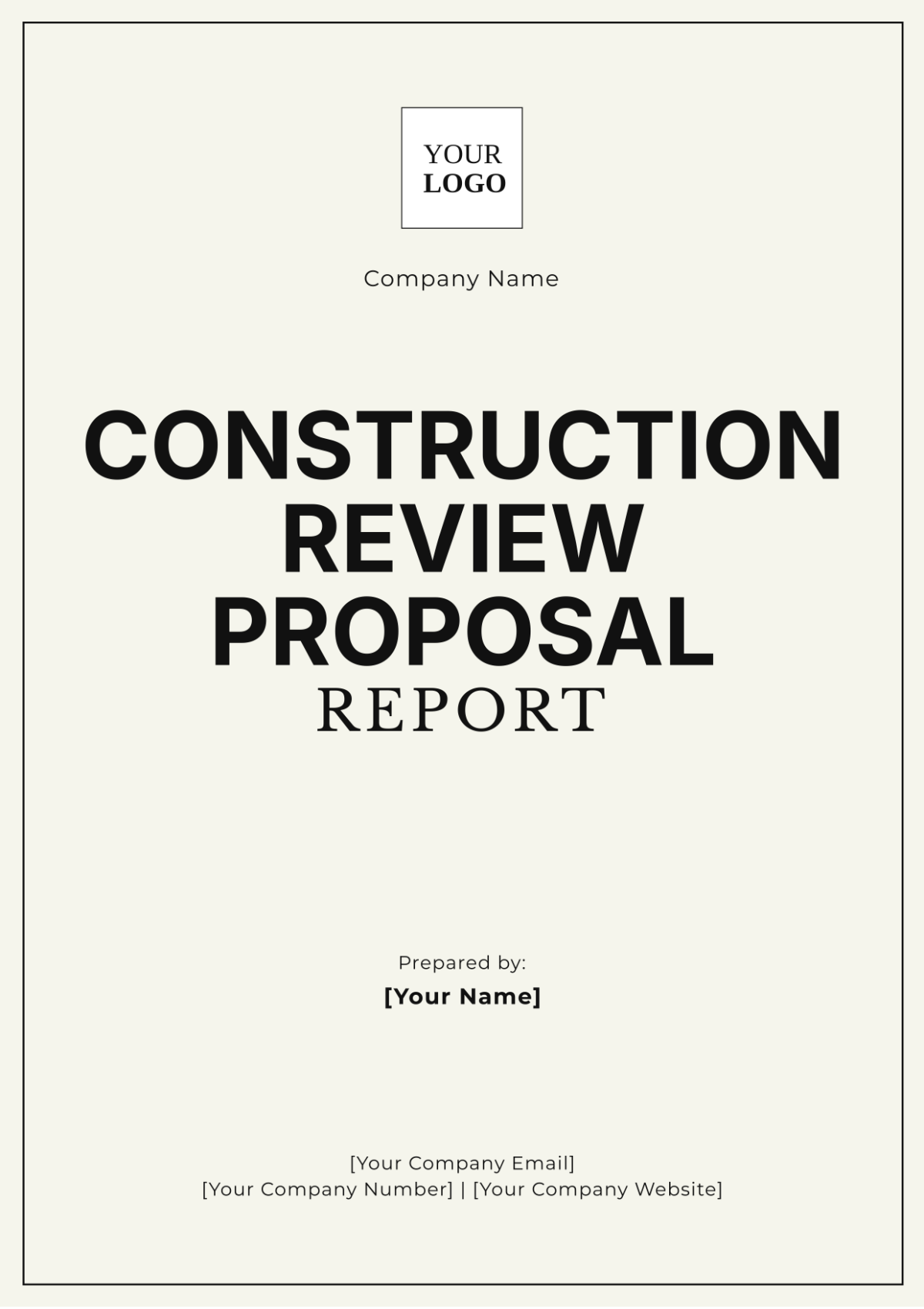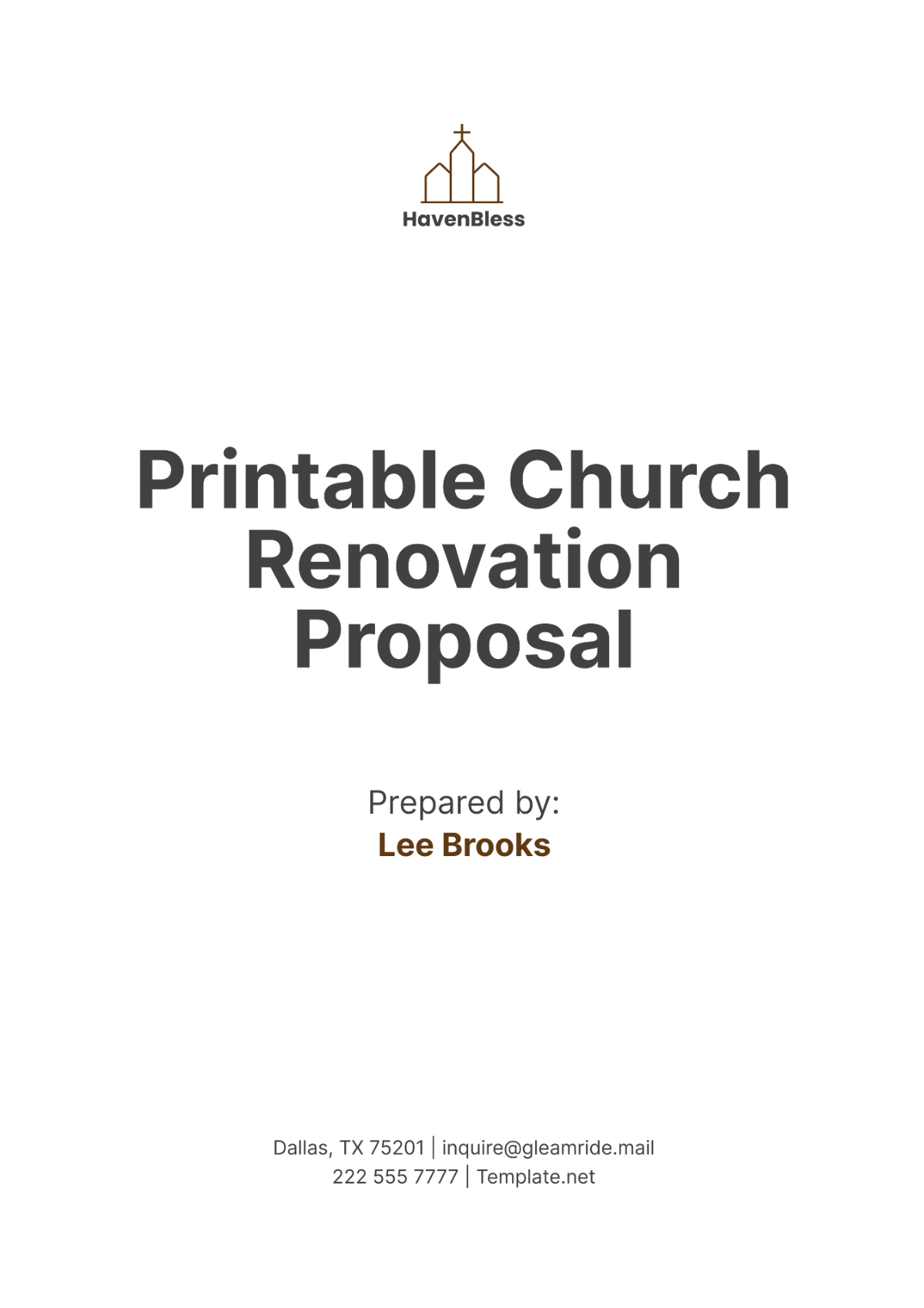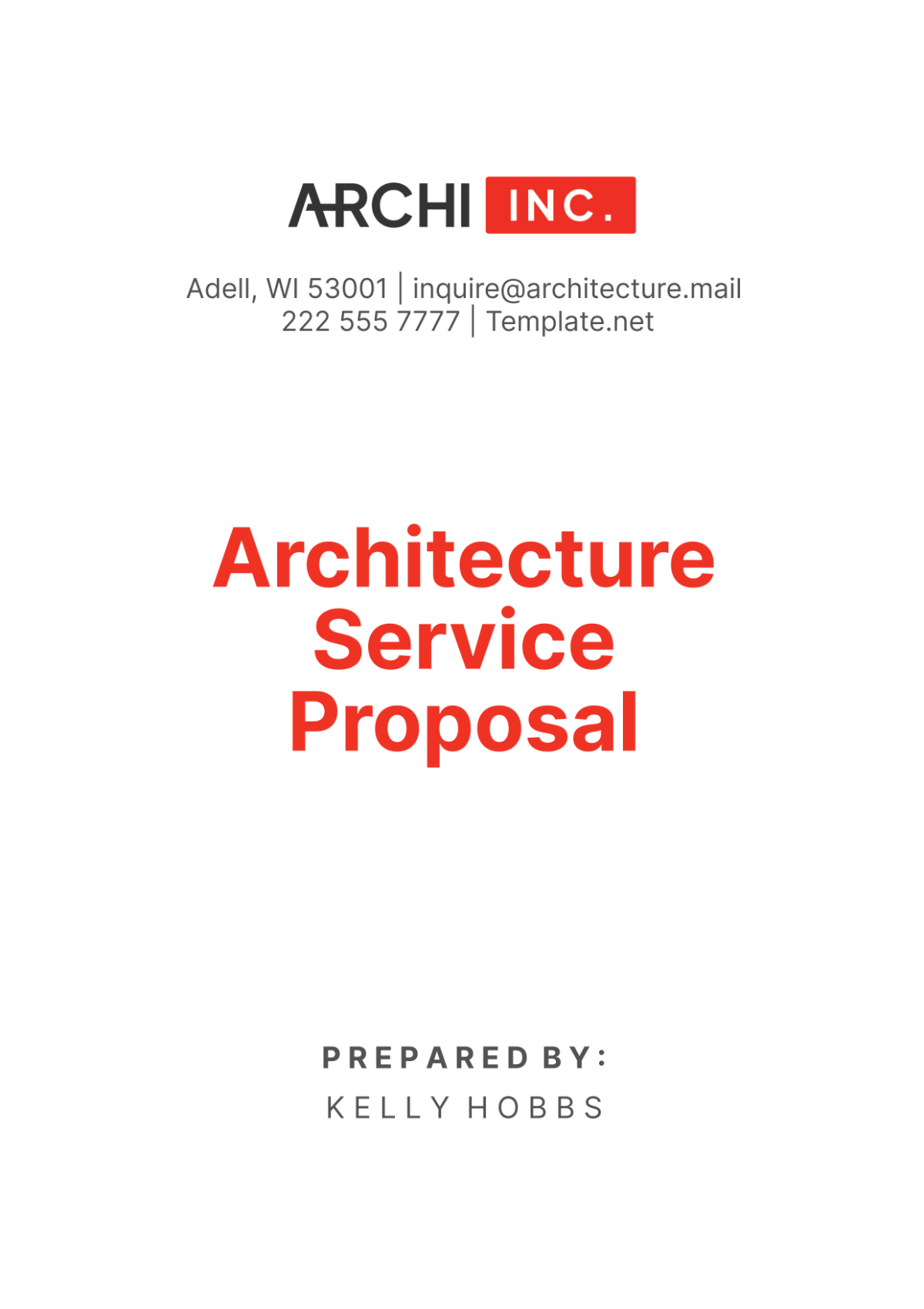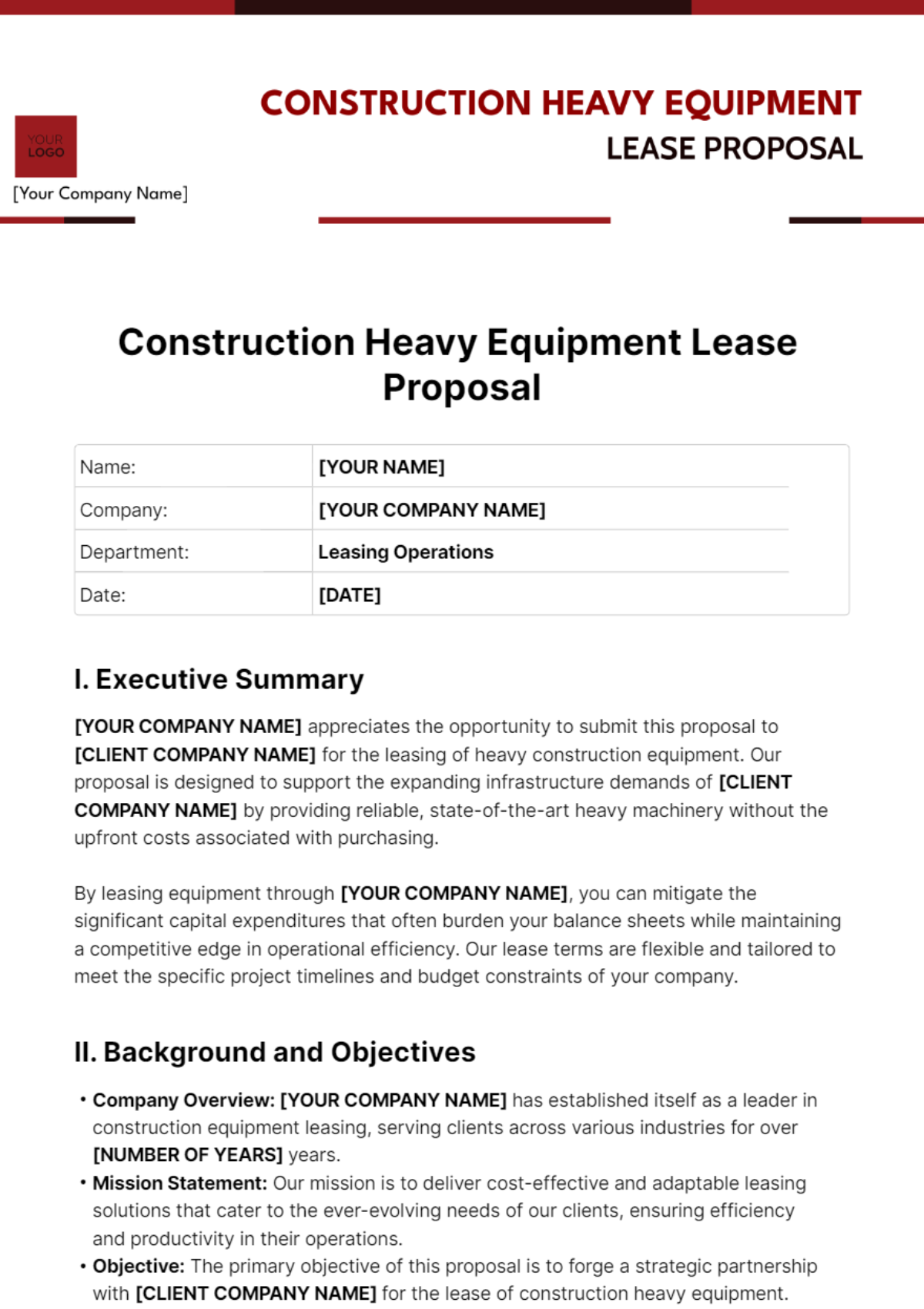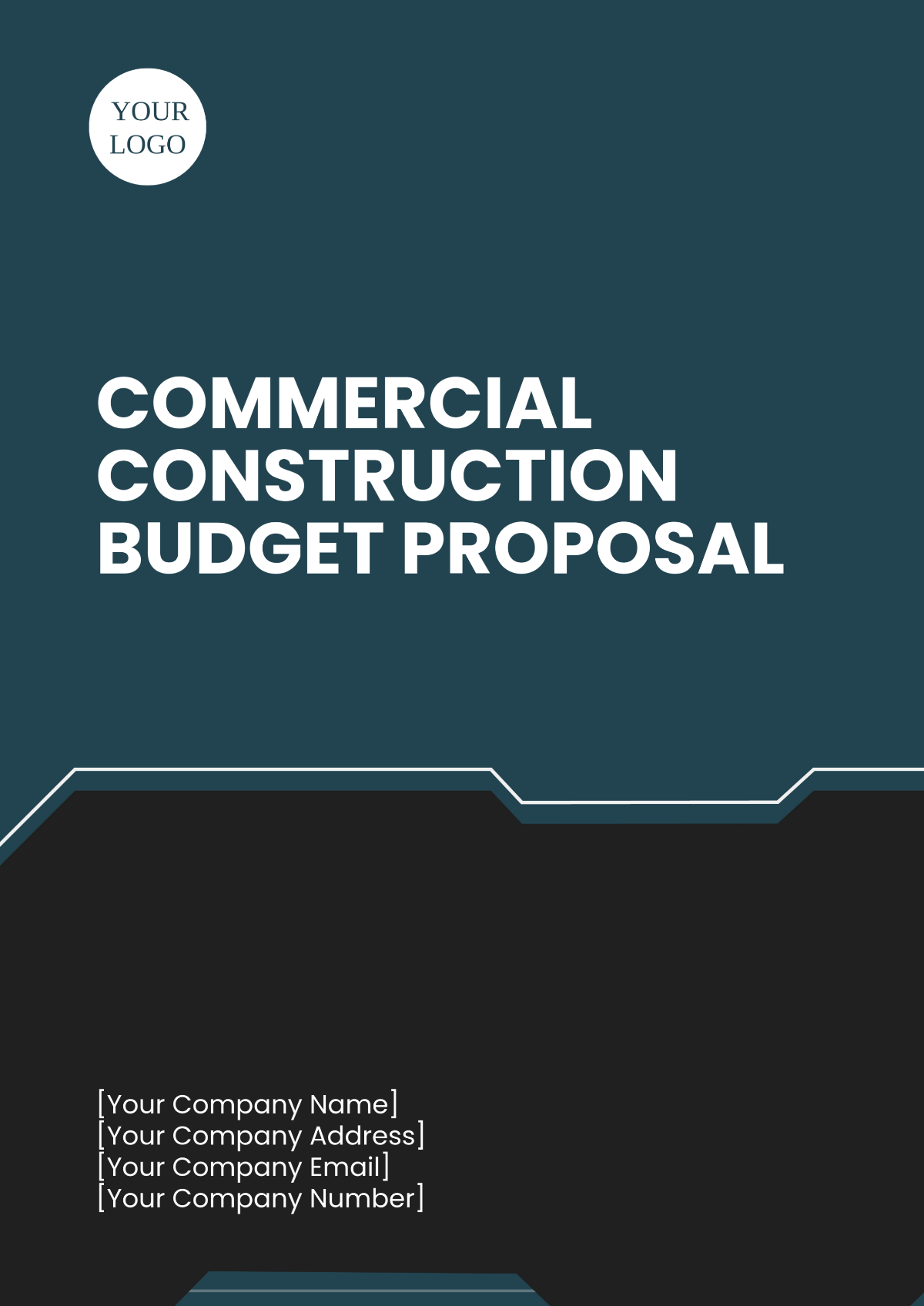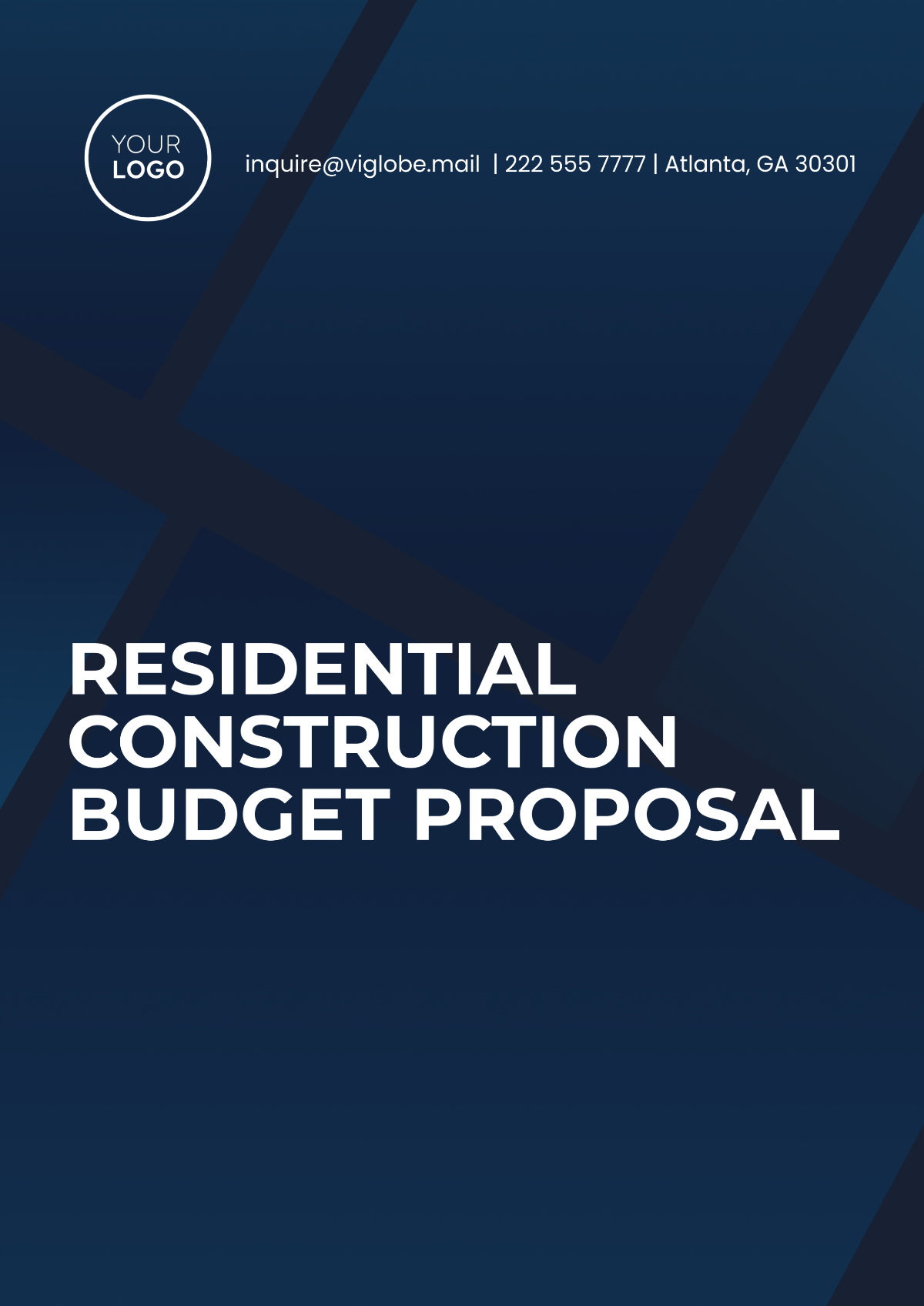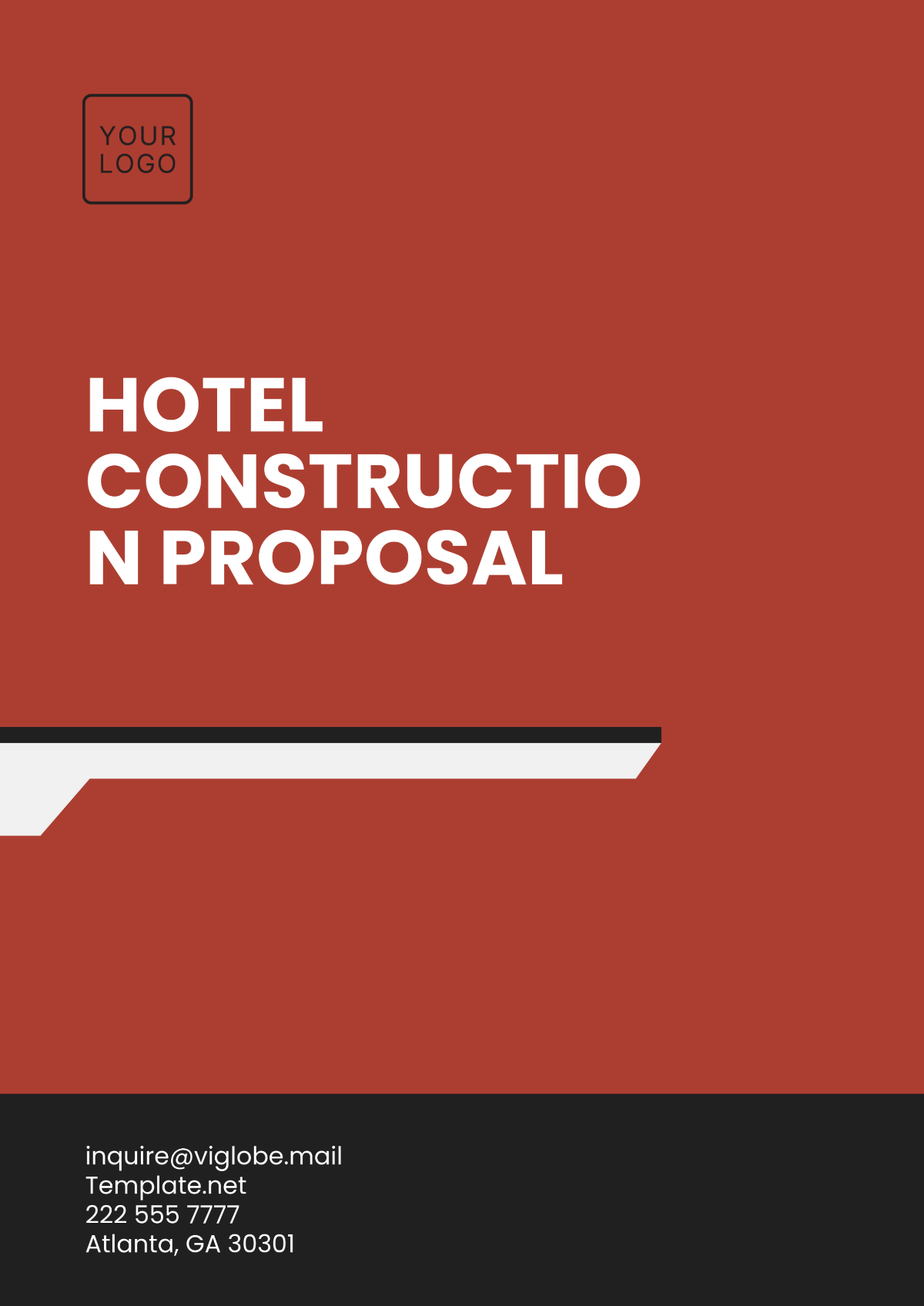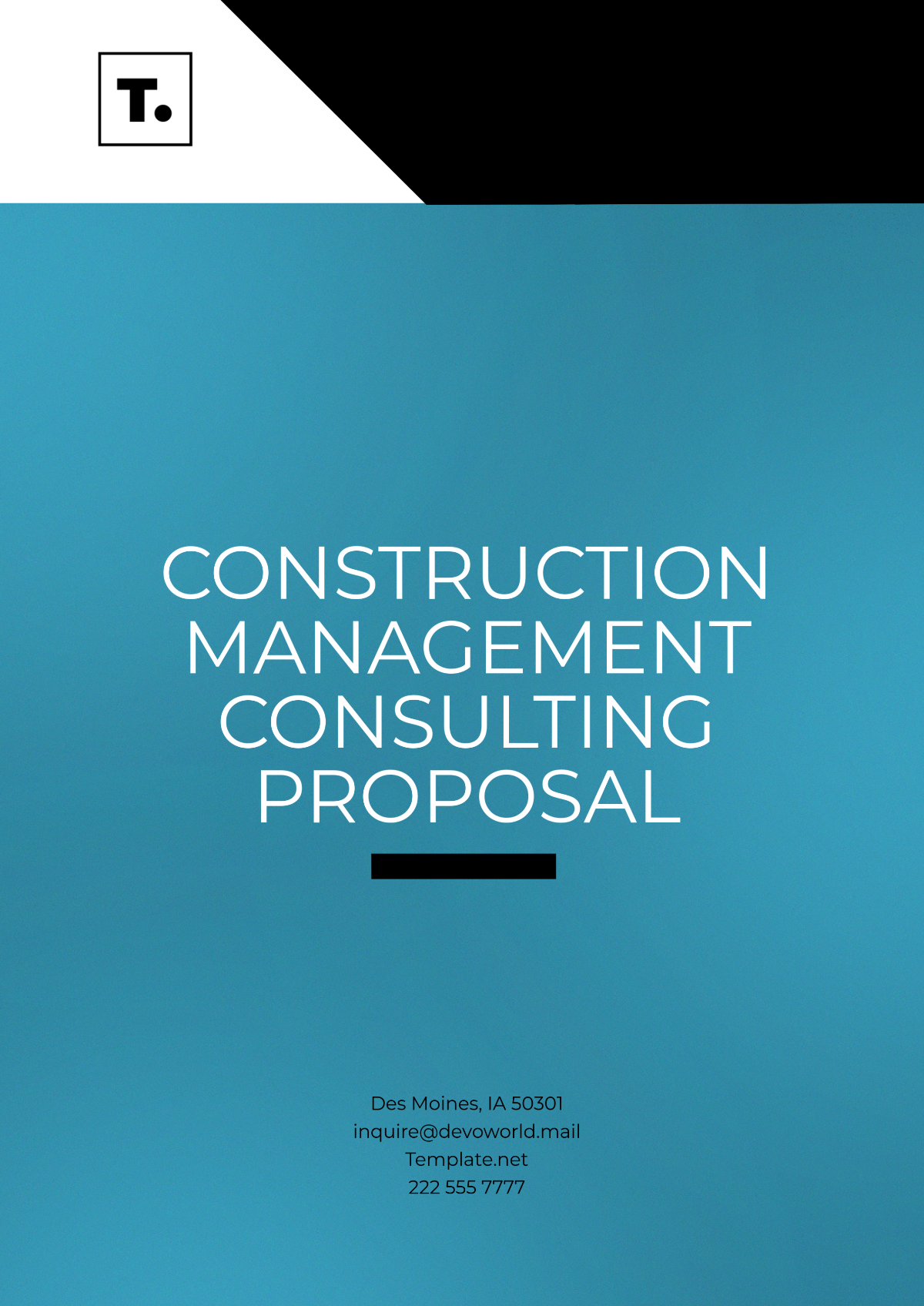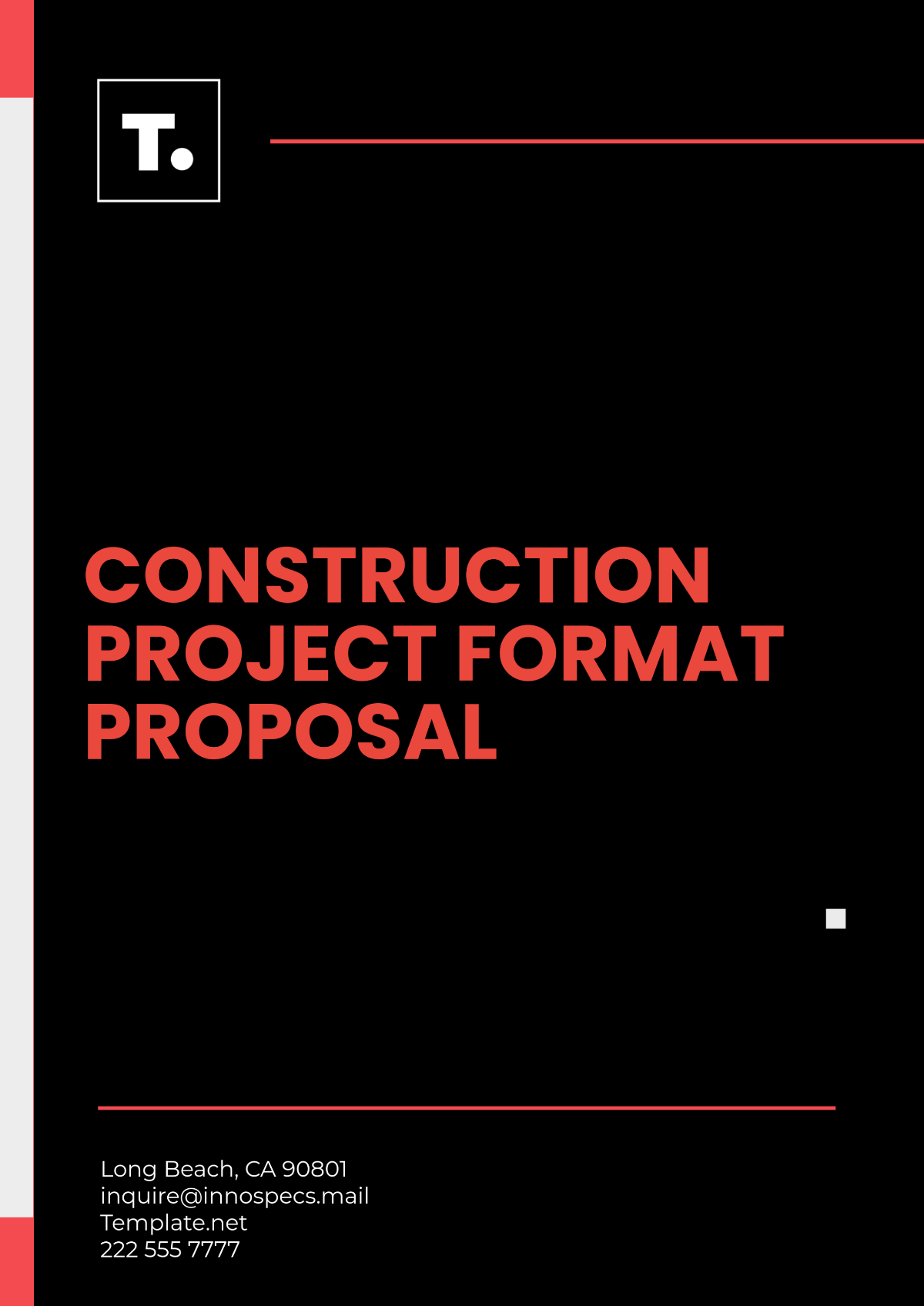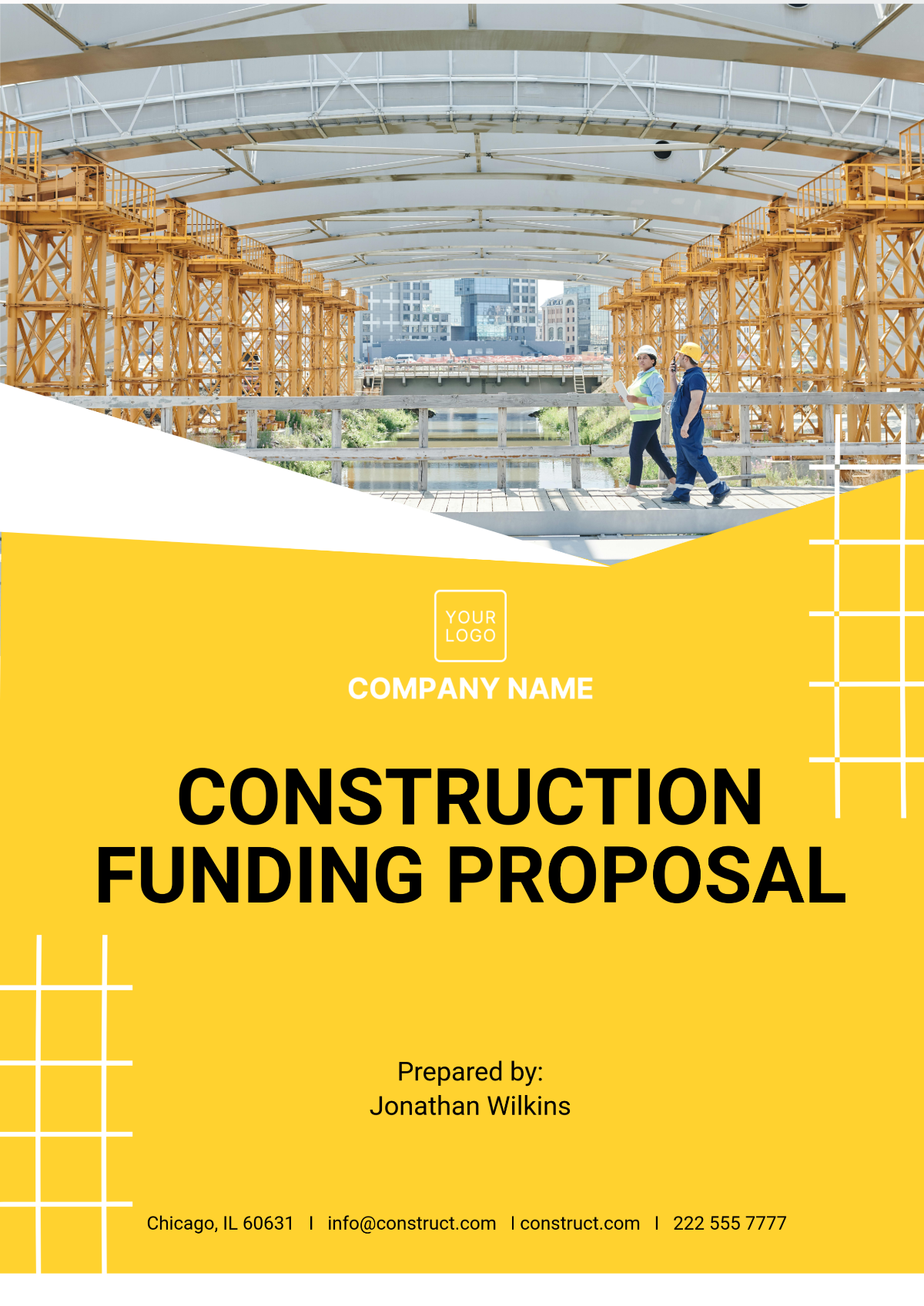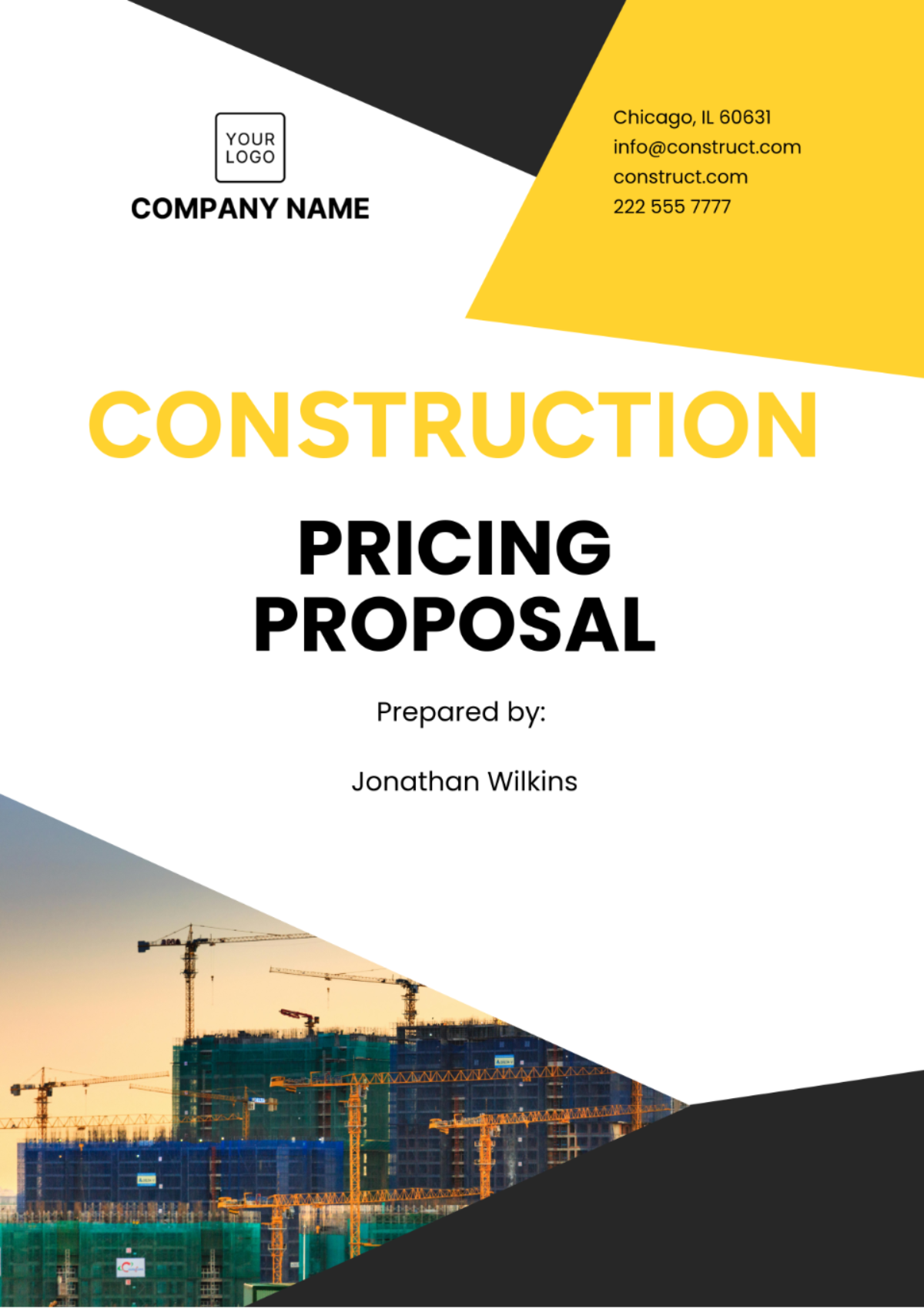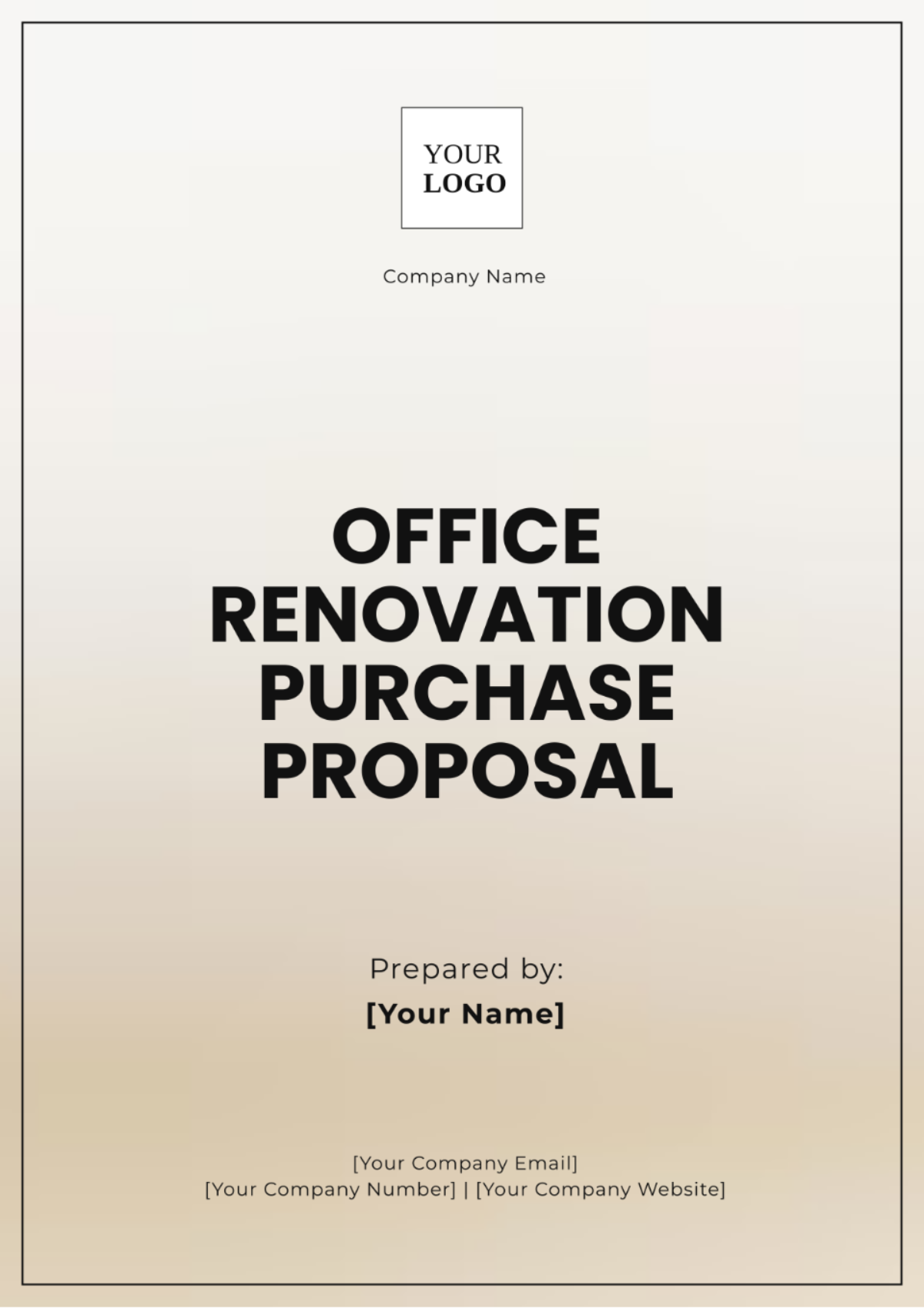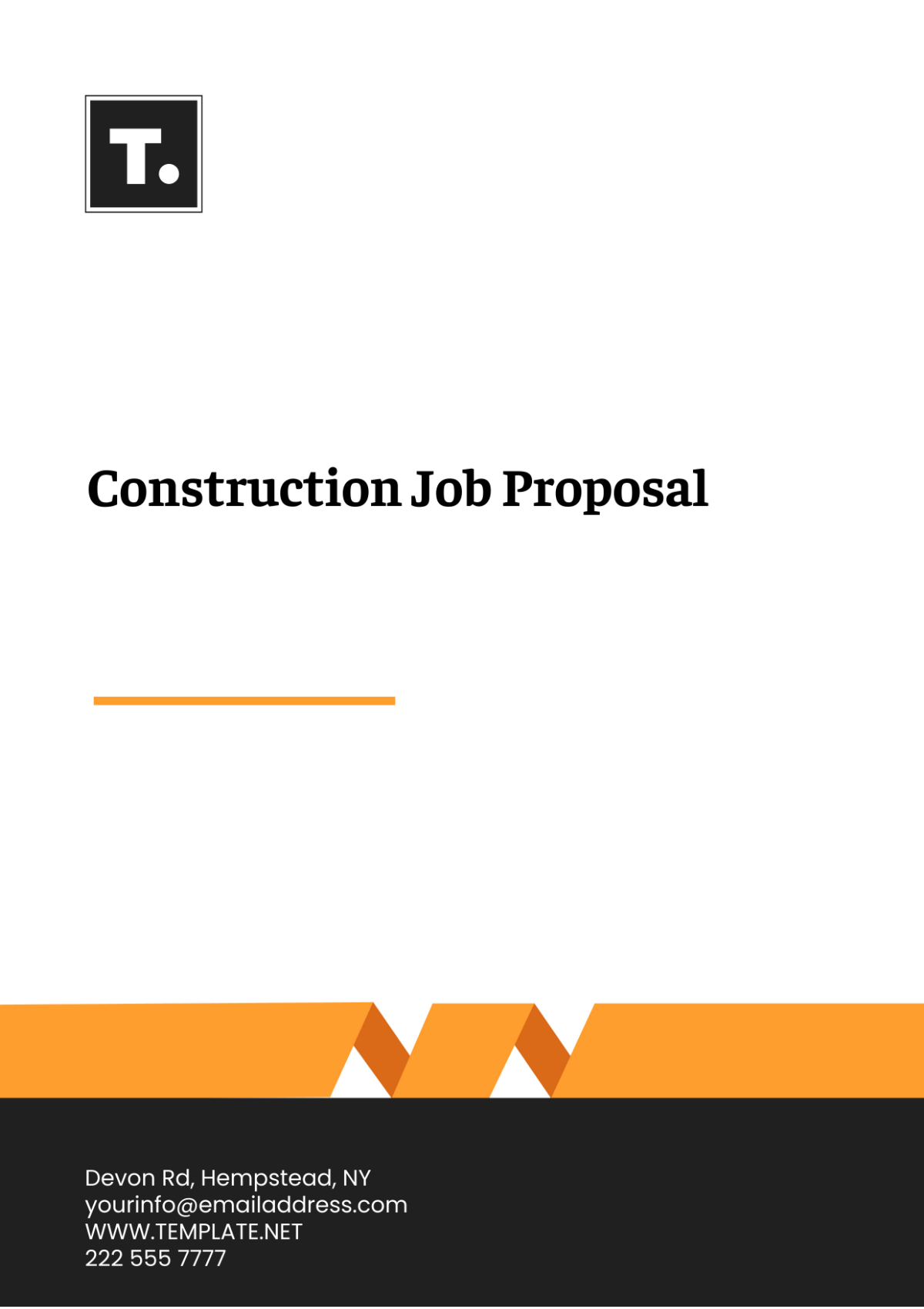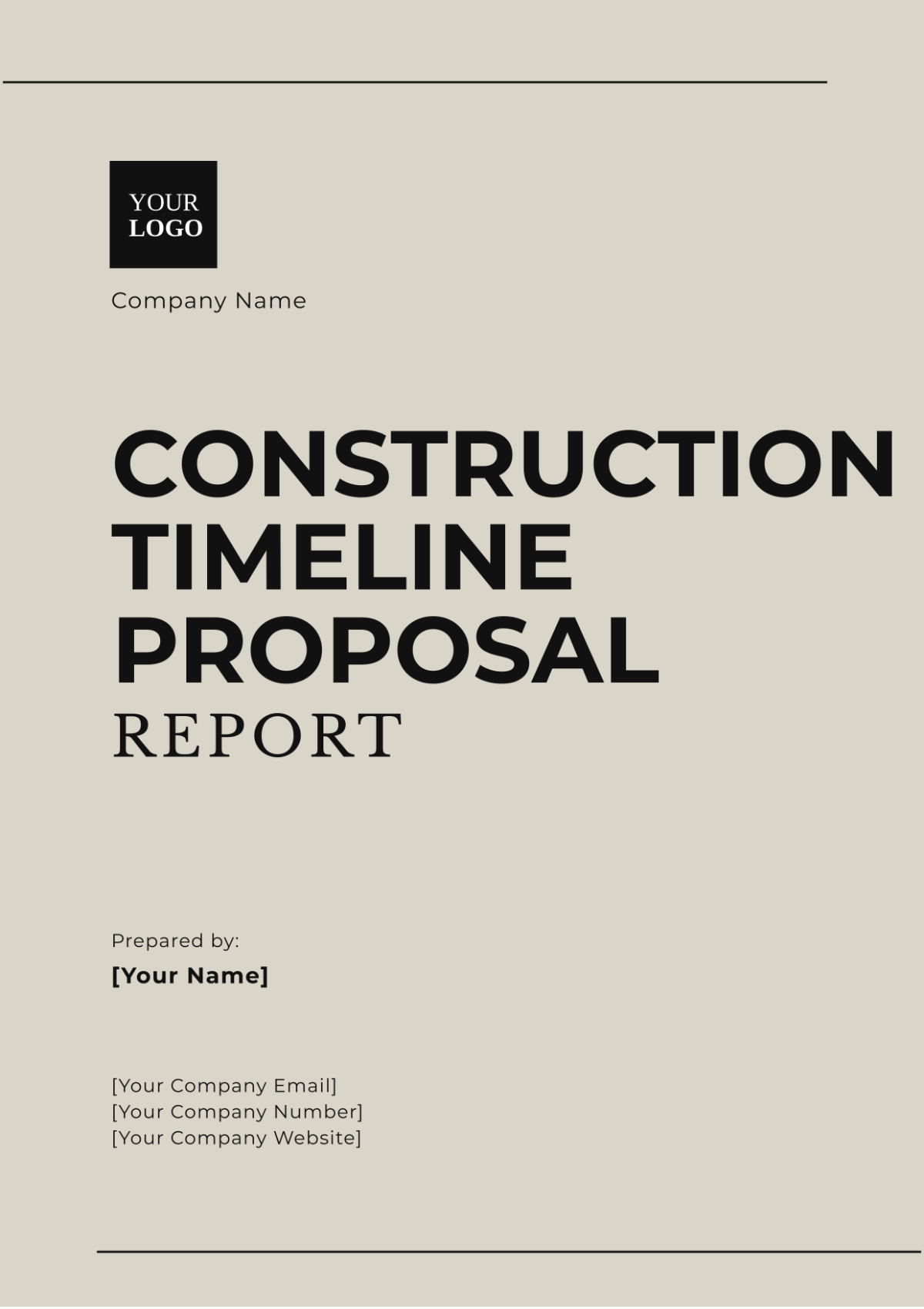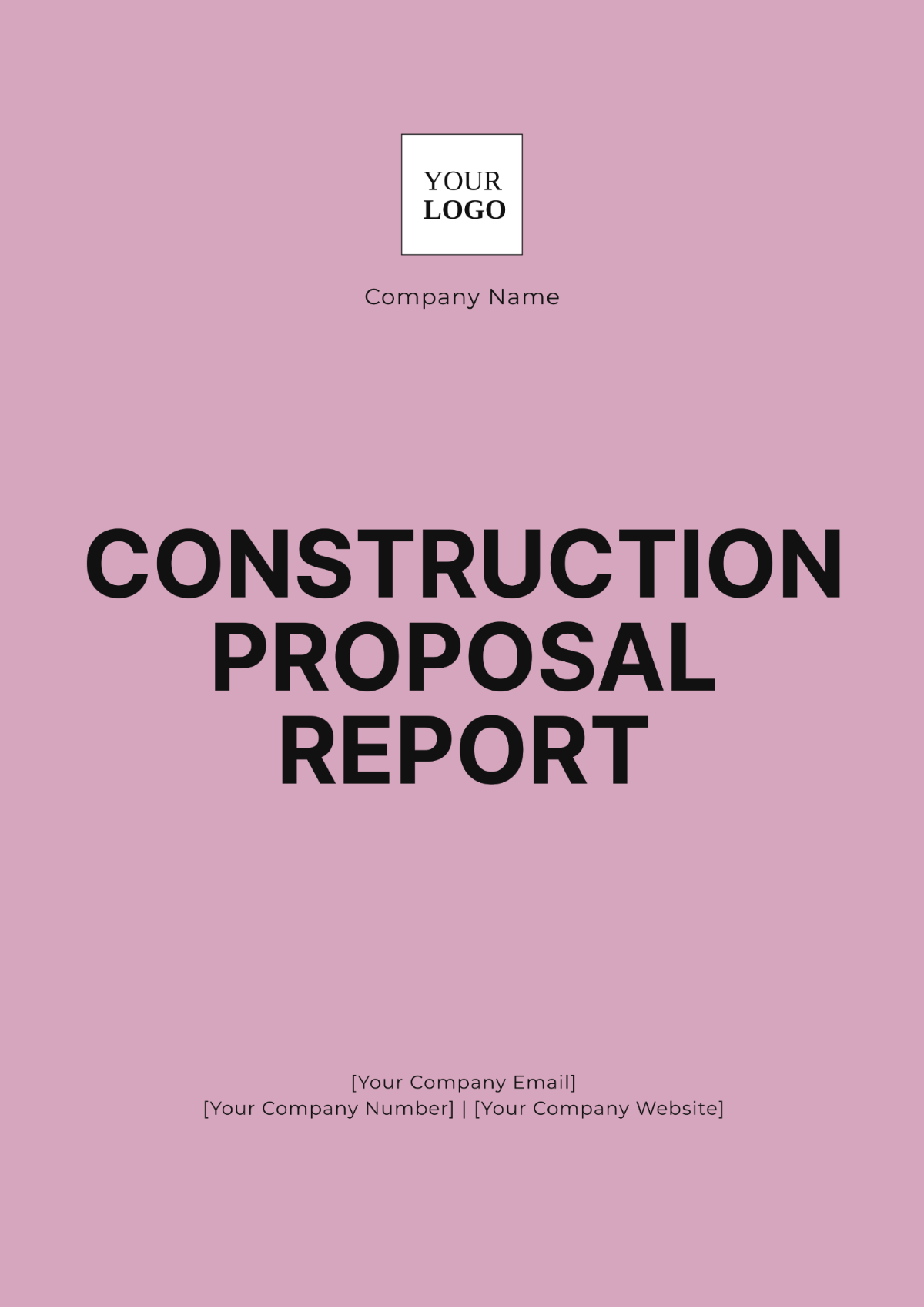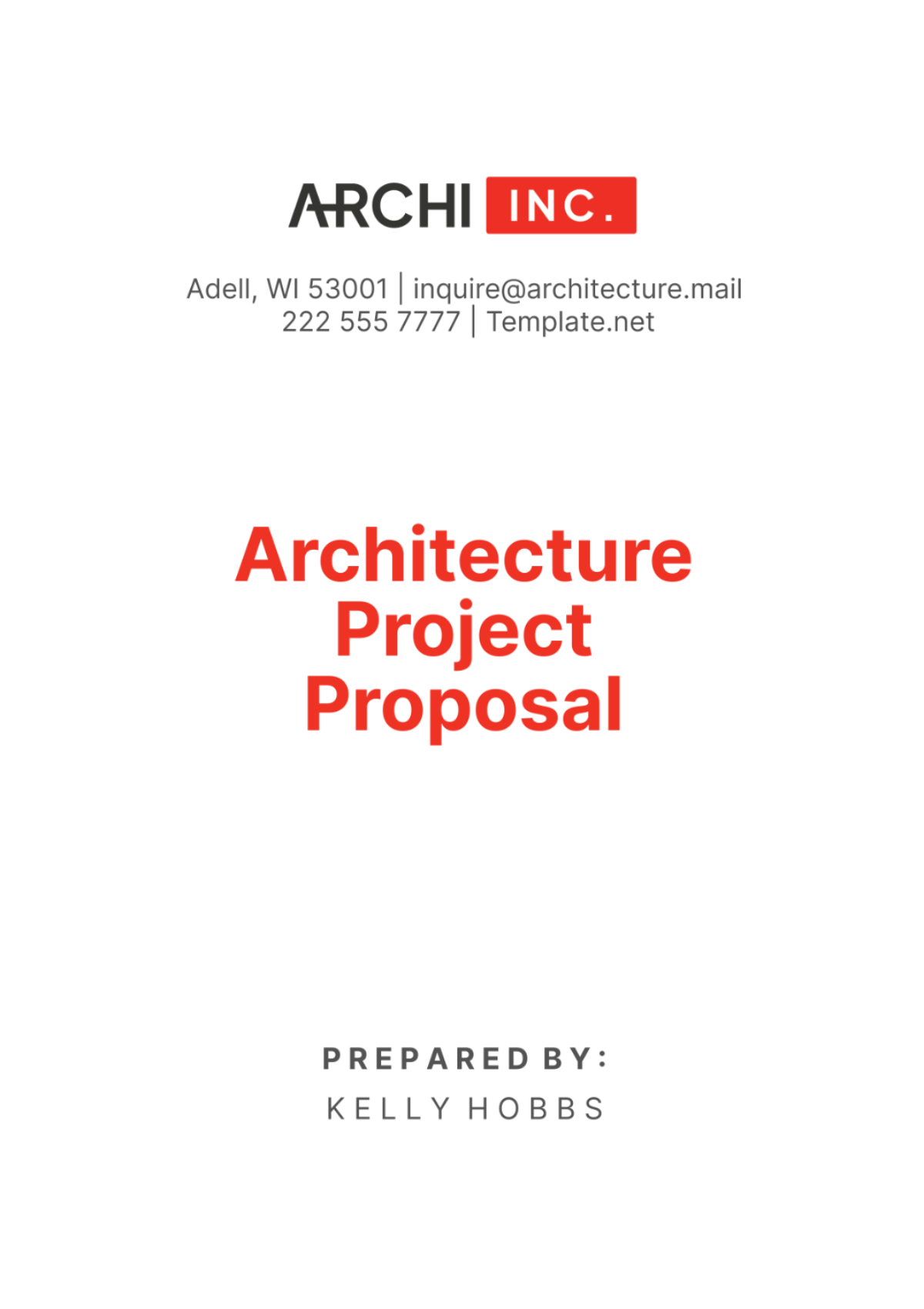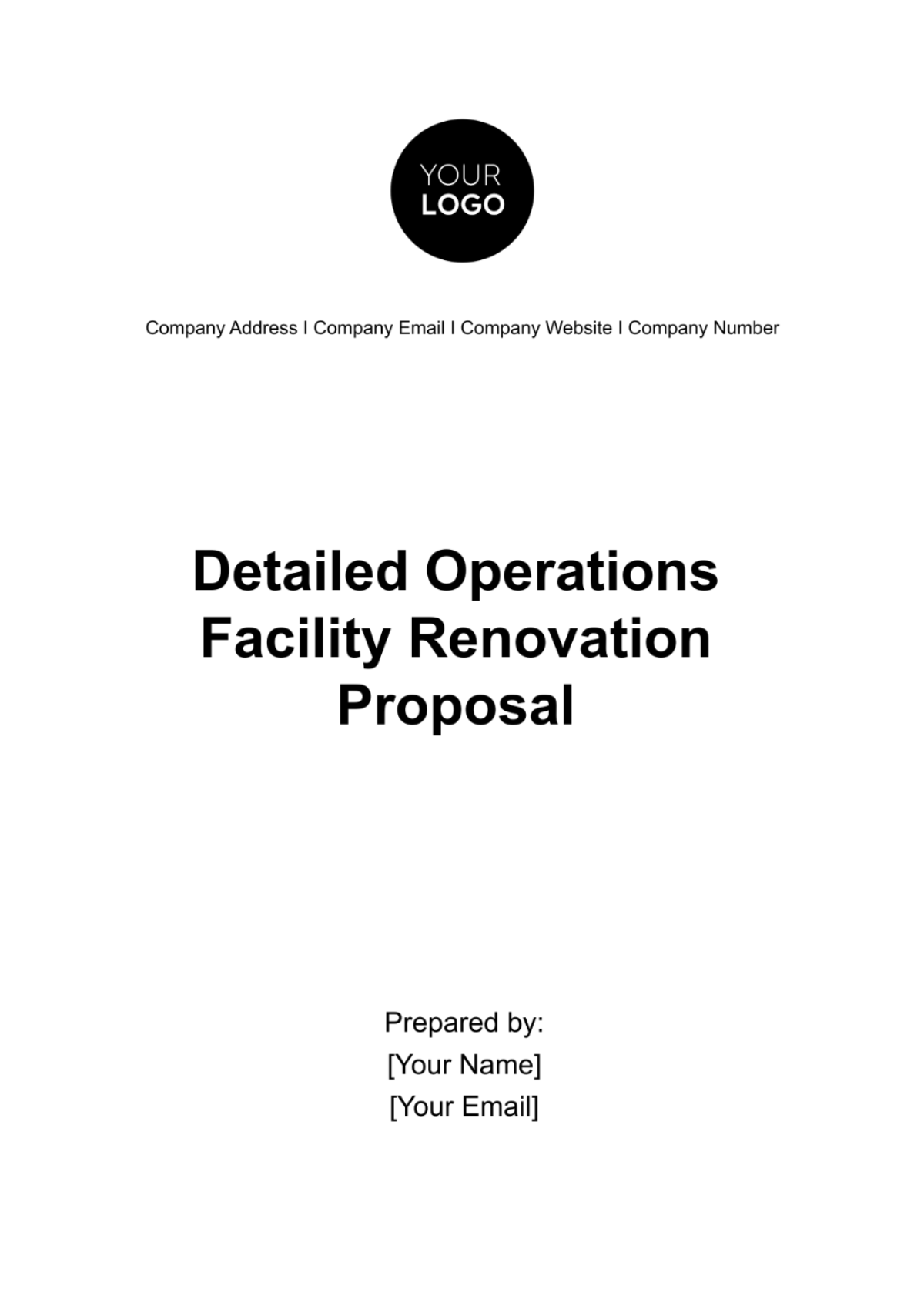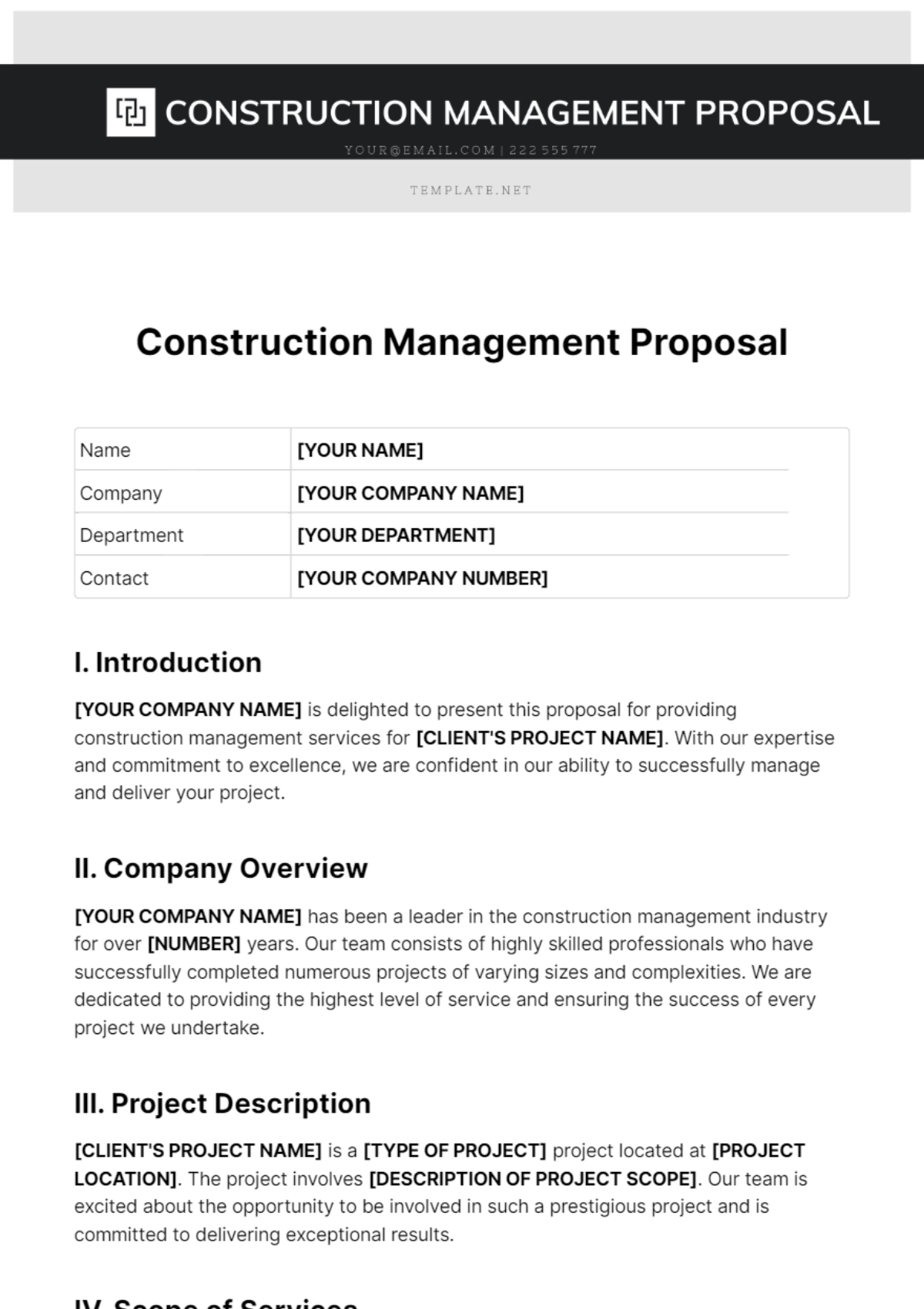Construction Format Proposal
Prepared by: [Your Name]
Date: [Date]
I. Introduction
A. Overview of the Company
In this section, provide an introduction to your construction company. Include your company’s name, years of experience in the industry, and any relevant certifications, awards, or specialties. Briefly describe your team's qualifications, expertise, and any notable projects you’ve completed. This helps establish credibility and gives the client confidence in your ability to complete the project.
B. Project Overview
This is where you give a high-level summary of the project, its goals, and its significance. Briefly describe the scope and purpose of the project to make sure the client understands the primary objectives. Be clear on what the client can expect from the final result.
II. Scope of Work
A. Project Description
The project description should include a detailed breakdown of the work you will perform. This section should address all aspects of the construction, from initial design to completion. Provide clear descriptions of each task involved in the project to avoid any ambiguity.
B. Work Deliverables
In this subsection, outline the deliverables that will be provided to the client at various stages of the project. Be specific about what will be completed and delivered at each milestone.
C. Exclusions
Clearly define what is not included in the scope of work. This ensures that both parties have aligned expectations and avoids scope creep or misunderstandings later on.
III. Timeline
A. Project Start Date
Indicate when the project is expected to begin. This could include any preparatory work or pre-construction tasks that will take place before the actual construction starts.
B. Project Phases and Milestones
Outline the major phases of the project and the key milestones that mark the completion of each phase. Include rough dates or timeframes for each milestone to give the client a clear sense of progress.
C. Expected Completion Date
Provide an estimated date of completion. This date should be realistic and account for potential delays such as weather, supply chain issues, or permitting processes.
IV. Cost Estimate
A. Labor Costs
In this section, break down the expected labor costs for the project. Include the number of workers, their hourly rates, and how many hours each trade will work. If the project involves specialized labor, provide estimates for those trades as well.
B. Material Costs
Provide a detailed estimate of the materials required for the project. This section should include quantities, costs, and types of materials to be used. Specify any high-end or specialized materials the client may need to approve.
C. Additional Costs
Identify any other costs that may arise during the project. These might include equipment rental, site preparation costs, permits, or any unforeseen expenses.
D. Total Project Cost
Provide the overall cost for the project by adding up the labor, material, and additional costs. Make sure to include all potential expenses to ensure transparency with the client.
V. Materials and Equipment
A. Materials to be Used
Here, describe the types and brands of materials you intend to use in the project. The client may appreciate knowing about the quality, durability, and reliability of the materials being used.
B. Equipment Required
Detail the machinery or equipment that will be necessary for the project. This could include cranes, trucks, power tools, or any other specialized equipment needed to complete the work efficiently.
VI. Terms and Conditions
A. Payment Terms
Describe the payment structure, including the deposit required to start the project, progress payments, and when the final payment is due. You may also outline any penalties or fees for late payments.
B. Warranty and Guarantees
Explain any warranties or guarantees that apply to the work and materials. This will provide the client with reassurance that the work will meet industry standards and be protected for a certain period after completion.
C. Legal and Regulatory Compliance
Make sure to mention that all work will comply with local regulations, building codes, zoning laws, and other relevant legal requirements. This assures the client that the project will be conducted ethically and within the law.
VII. Signatures
A. Contractor's Signature
Provide a line for the contractor's signature, which indicates agreement to the proposal and readiness to begin the work.
B. Client's Signature
Include a space for the client to sign, indicating acceptance of the proposal and agreement to the terms and conditions provided.
